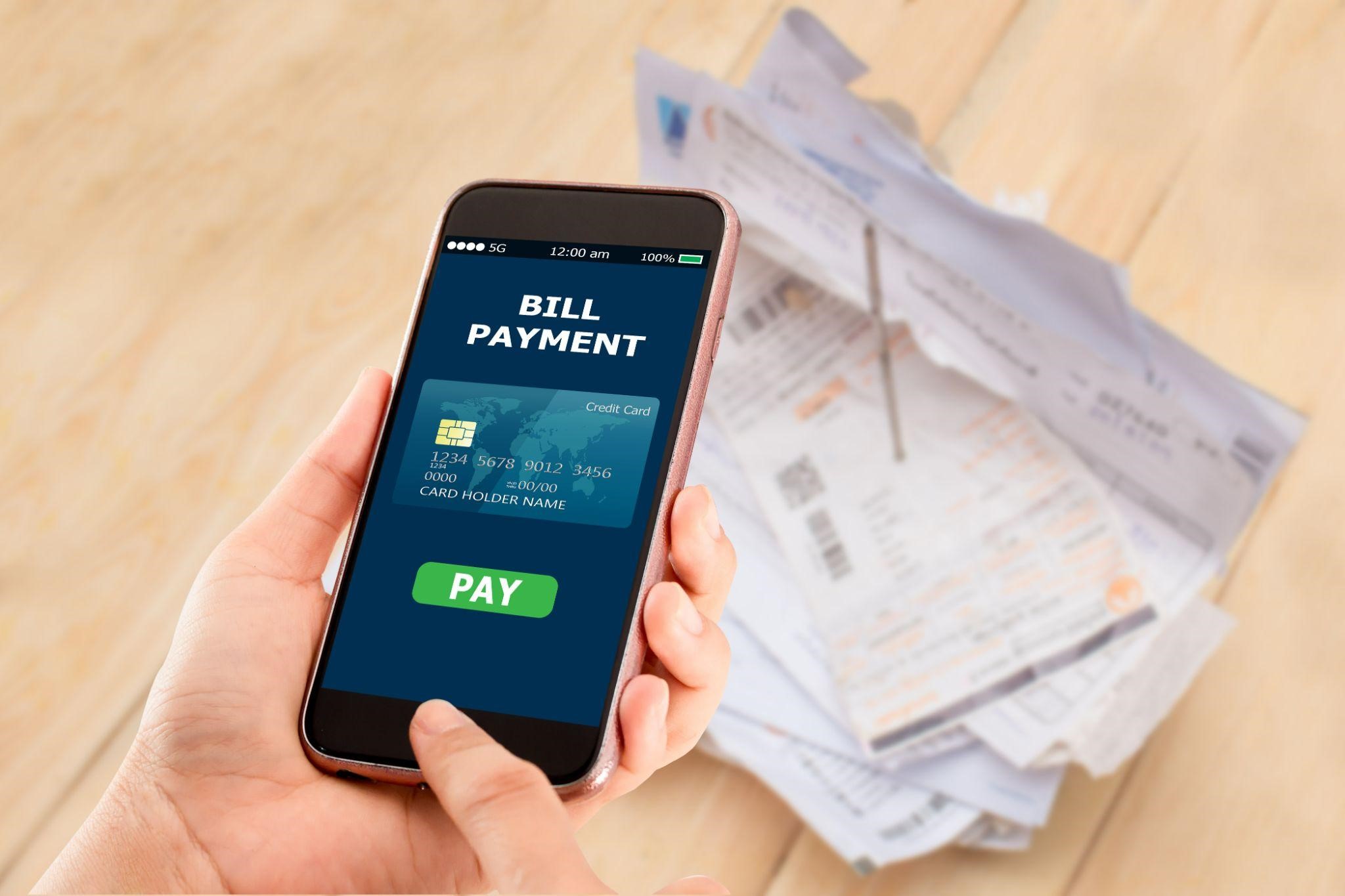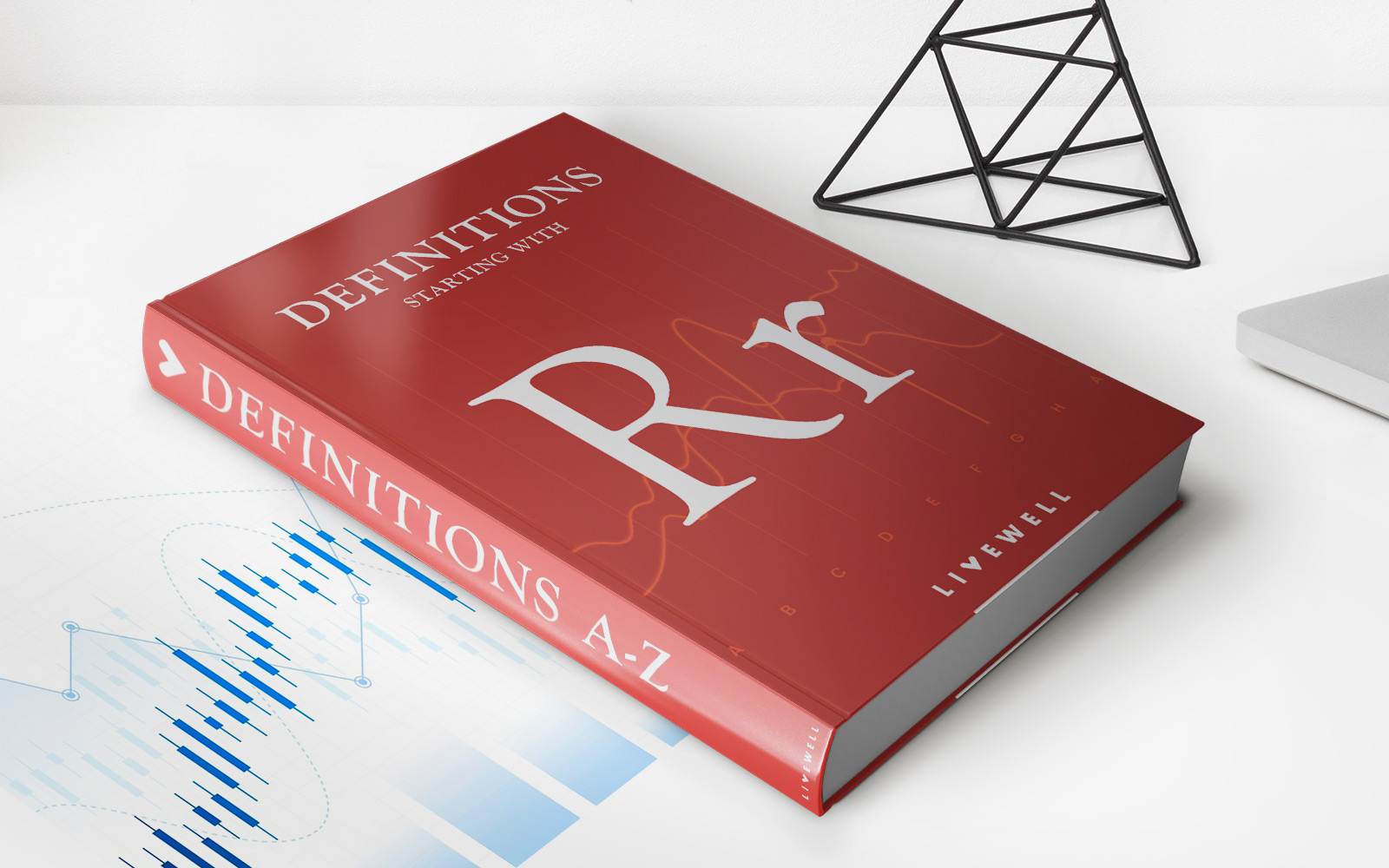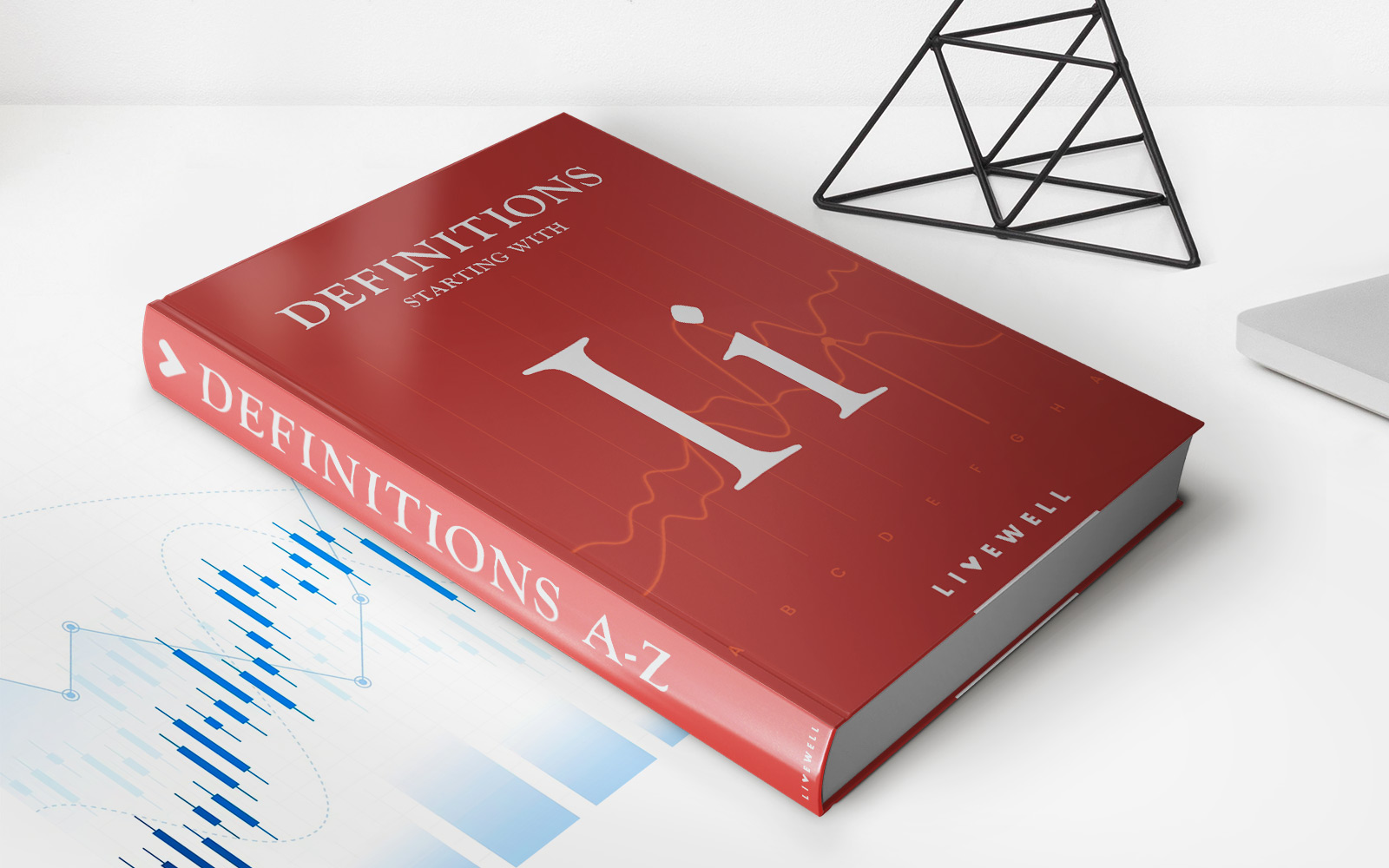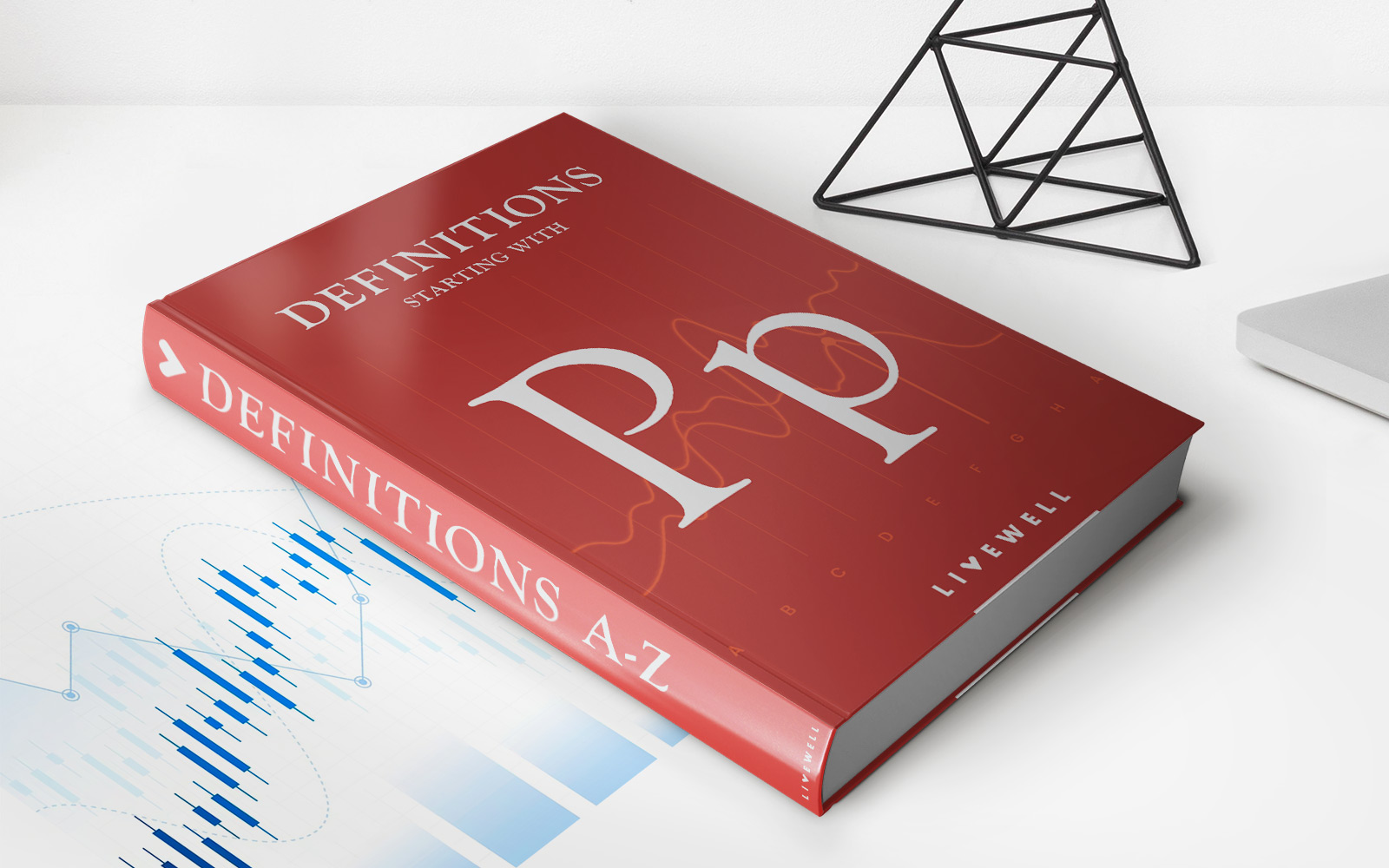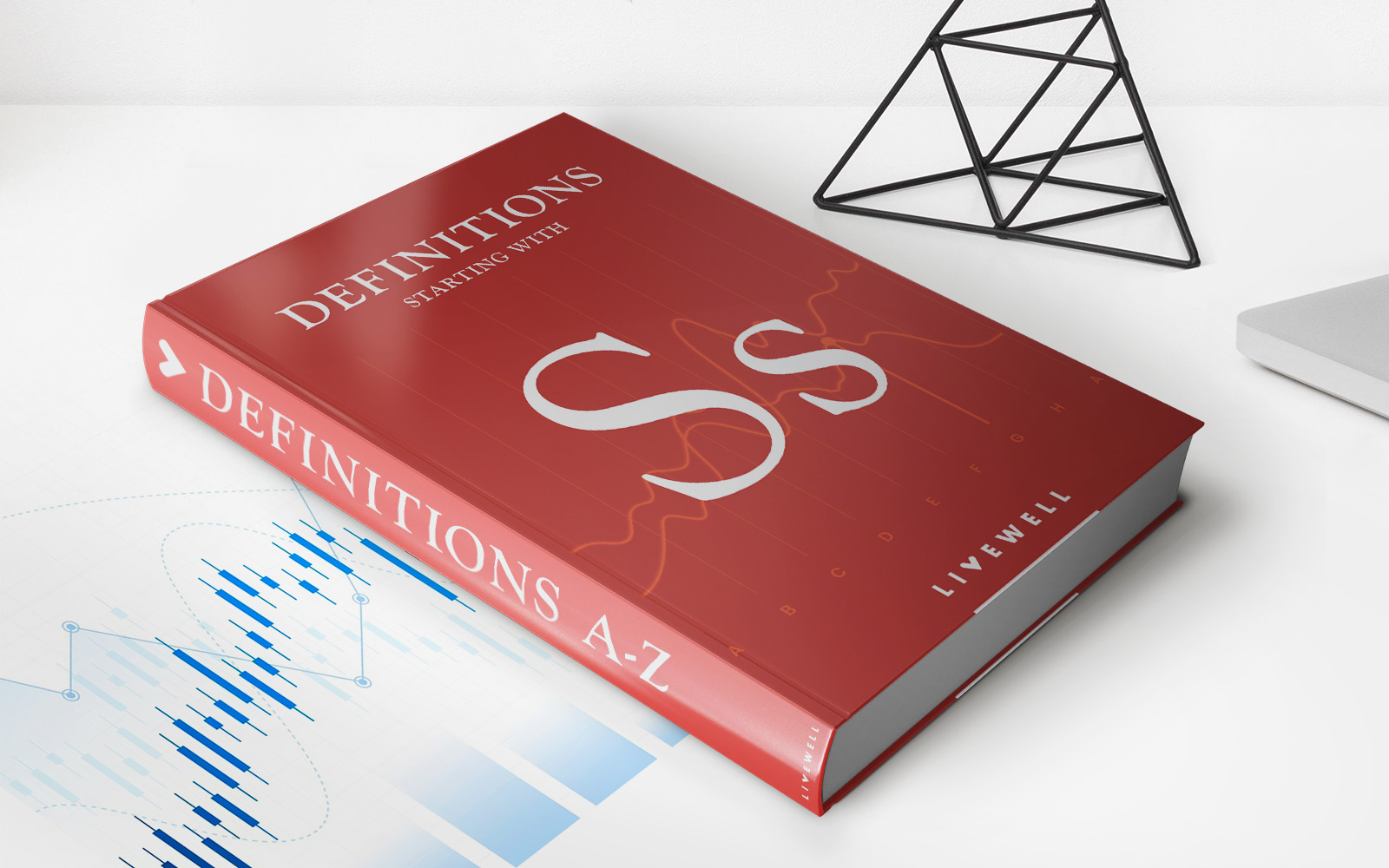

Finance
How Does Minimum Payment Work
Published: February 25, 2024
Learn how minimum payments affect your finances. Understand the impact of minimum payments on your financial health and future goals.
(Many of the links in this article redirect to a specific reviewed product. Your purchase of these products through affiliate links helps to generate commission for LiveWell, at no extra cost. Learn more)
Table of Contents
Introduction
Understanding the Basics of Minimum Payment
Welcome to the world of credit cards and personal finance! If you’ve recently acquired a credit card or are contemplating obtaining one, it’s crucial to comprehend the concept of minimum payments. This fundamental aspect of credit card usage directly impacts your financial well-being and influences your credit score. Therefore, gaining a comprehensive understanding of minimum payments is essential for responsible financial management.
When used judiciously, credit cards offer unparalleled convenience and financial flexibility. However, without a firm grasp of the associated terms and conditions, credit card usage can lead to financial stress and long-term repercussions. At the core of this financial tool lies the concept of the minimum payment, which serves as the minimum amount you must pay each month to maintain your account in good standing.
Throughout this article, we will delve into the intricacies of minimum payments, exploring how they function, their pros and cons, and valuable tips for effectively managing them. By the end of this journey, you will possess the knowledge and insight needed to navigate the realm of credit card minimum payments with confidence and prudence.
Understanding Minimum Payments
Before delving into the mechanics of minimum payments, it’s crucial to grasp the fundamental concept. The minimum payment represents the lowest amount you are required to pay by a specified due date to keep your credit card account in good standing. This figure is determined by the credit card issuer and is typically calculated as a percentage of your total outstanding balance, subject to a minimum amount, often around 1-3% of the balance.
While making the minimum payment by the due date prevents your account from incurring late fees and may help safeguard your credit score, it’s important to recognize that this approach can result in long-term financial challenges. By paying only the minimum amount, you incur interest on the remaining balance, leading to a prolonged repayment period and increased overall interest costs.
Furthermore, it’s essential to distinguish between the minimum payment and the full balance. While the minimum payment satisfies the immediate obligation to the credit card issuer, settling the full balance each month is highly advisable to avoid accumulating interest charges and to maintain a healthy financial outlook.
Understanding the implications of minimum payments is pivotal for responsible credit card usage. By delving into the specifics of how minimum payments function, we can gain a deeper appreciation for their impact on personal finances and make informed decisions regarding our credit card management.
Understanding How Minimum Payments Work
Minimum payments operate as a safety net for credit card users, ensuring that they meet the basic requirement to keep their accounts in good standing. However, it’s essential to comprehend the mechanics behind minimum payments to make informed financial decisions.
When you receive your credit card statement, it will outline the minimum payment due for that billing cycle. This amount is typically calculated based on a percentage of your outstanding balance, often around 1-3%, with a minimum threshold. It’s important to note that this calculation can vary among credit card issuers, so reviewing the terms and conditions of your specific card is crucial.
Upon paying the minimum amount by the specified due date, you fulfill the immediate obligation to the credit card issuer, thereby avoiding late fees and maintaining a positive standing. However, it’s crucial to recognize that the remaining balance accrues interest, subjecting you to additional costs over time. This interest compounds, meaning you end up paying interest on the interest, amplifying the overall repayment amount.
Understanding the implications of making only the minimum payment is vital. While it may alleviate immediate financial strain, it can lead to prolonged debt and increased interest expenses. By comprehending the dynamics of minimum payments, individuals can make informed decisions regarding their credit card usage, striving to minimize interest costs and maintain healthy financial habits.
Pros and Cons of Minimum Payments
Minimum payments play a pivotal role in credit card management, offering both advantages and disadvantages that directly impact individuals’ financial well-being. Understanding these pros and cons is essential for making informed decisions regarding credit card usage and repayment strategies.
Pros:
- Financial Flexibility: Minimum payments provide a degree of financial flexibility, allowing individuals to manage their cash flow by meeting the basic requirement without incurring late fees.
- Immediate Relief: In times of financial strain, making the minimum payment can provide immediate relief by fulfilling the essential obligation and preventing negative repercussions.
- Credit Score Maintenance: By meeting the minimum payment requirement, individuals can safeguard their credit score from the adverse effects of late or missed payments, preserving their long-term financial reputation.
Cons:
- Accrued Interest: One of the most significant drawbacks of minimum payments is the accrual of interest on the remaining balance, leading to increased overall repayment costs over time.
- Extended Repayment Period: By solely making the minimum payment, individuals prolong the repayment period, potentially remaining in debt for an extended duration and facing persistent interest charges.
- Long-Term Financial Impact: Relying solely on minimum payments can have detrimental long-term financial consequences, resulting in substantial interest expenses and hindering overall financial well-being.
By weighing the pros and cons of minimum payments, individuals can make informed choices aligned with their financial circumstances and goals. While minimum payments offer immediate relief and credit score maintenance, they also pose challenges such as accrued interest and prolonged debt. Striking a balance between meeting the minimum requirement and striving to settle the full balance is crucial for responsible credit card management.
Tips for Managing Minimum Payments
Effectively managing minimum payments is integral to maintaining sound financial health and responsible credit card usage. By implementing strategic approaches, individuals can navigate the complexities of minimum payments while mitigating potential challenges and maximizing financial well-being.
1. Pay More Than the Minimum:
Whenever possible, strive to pay more than the minimum amount due. By allocating additional funds to reduce the outstanding balance, you can minimize interest costs and expedite the repayment process, ultimately fostering financial freedom.
2. Create a Budget:
Establishing a comprehensive budget that prioritizes debt repayment enables you to allocate funds strategically. By identifying areas where expenses can be minimized and directing surplus funds towards credit card payments, you can proactively manage minimum payments and work towards debt reduction.
3. Avoid New Charges:
Refrain from making new charges on the credit card while striving to manage minimum payments. By curbing additional expenses, you prevent the escalation of the outstanding balance, facilitating more effective debt management.
4. Explore Balance Transfer Options:
If feasible, consider transferring high-interest credit card balances to a card with a lower interest rate. This can alleviate interest burdens and facilitate more efficient debt repayment, potentially reducing the impact of minimum payments.
5. Communicate with Creditors:
In instances of financial hardship, proactively communicate with your creditors. Many issuers offer hardship programs or alternative payment arrangements, providing temporary relief and enabling you to manage minimum payments effectively during challenging periods.
By implementing these proactive strategies, individuals can navigate the realm of minimum payments with prudence and foresight. By paying more than the minimum, creating a budget, avoiding new charges, exploring balance transfer options, and maintaining open communication with creditors, individuals can optimize their approach to managing minimum payments and work towards long-term financial stability.
In Conclusion
Minimum payments serve as a fundamental component of credit card usage, offering both advantages and challenges for individuals striving to manage their finances effectively. By comprehending the intricacies of minimum payments, individuals can make informed decisions aligned with their financial circumstances and aspirations.
While minimum payments provide immediate relief and credit score maintenance, they also pose the risk of prolonged debt and increased interest expenses. Striking a balance between meeting the minimum requirement and striving to settle the full balance is crucial for responsible credit card management. By implementing proactive strategies such as paying more than the minimum, creating a budget, avoiding new charges, exploring balance transfer options, and maintaining open communication with creditors, individuals can optimize their approach to managing minimum payments and work towards long-term financial stability.
Ultimately, responsible credit card usage entails a comprehensive understanding of minimum payments and their implications. By leveraging this knowledge and implementing prudent financial practices, individuals can navigate the realm of credit card management with confidence, striving towards financial freedom and long-term prosperity.







